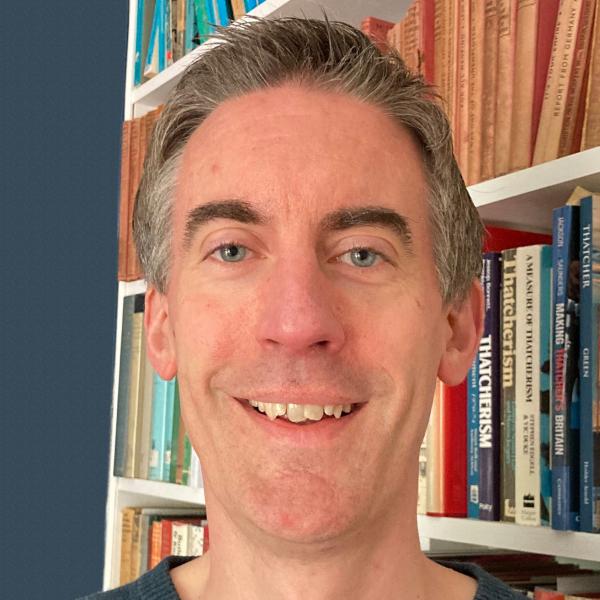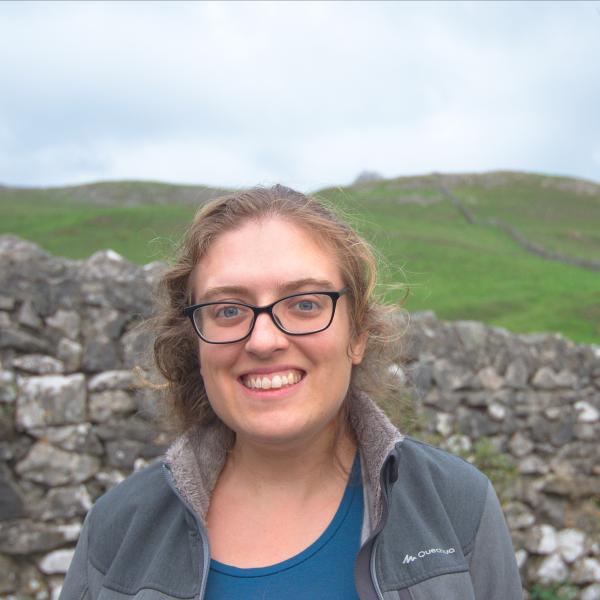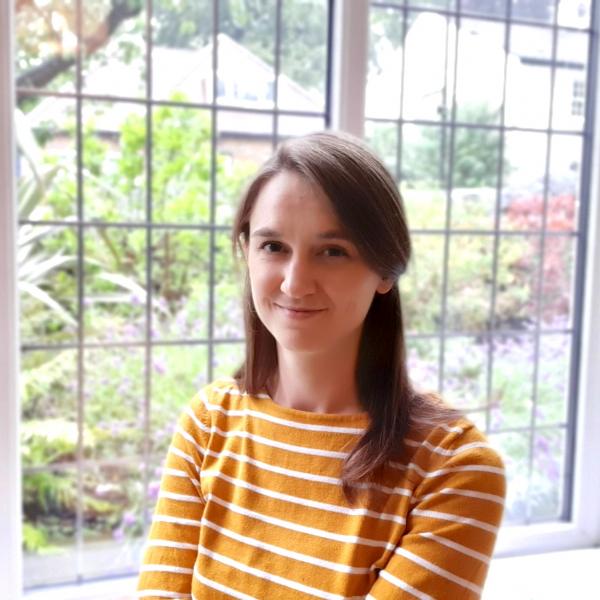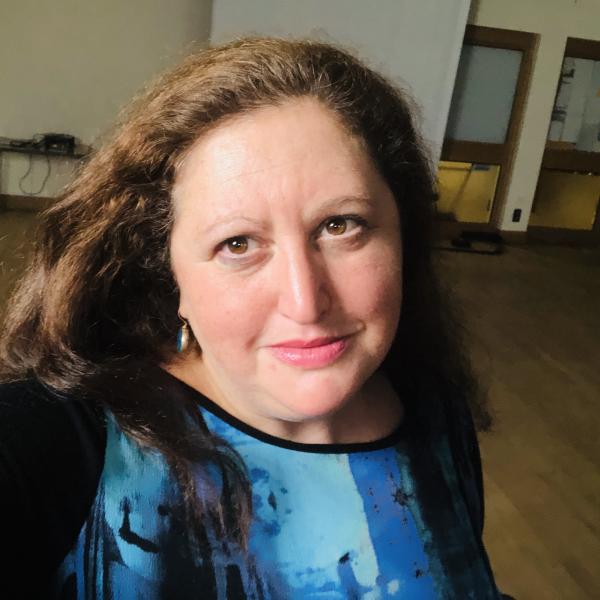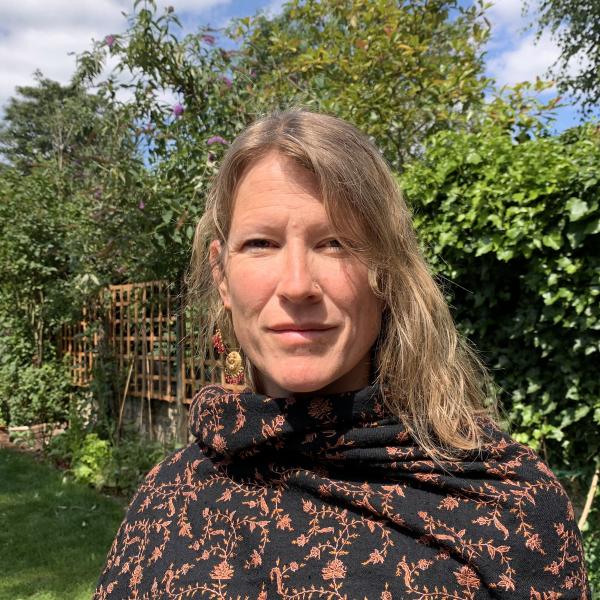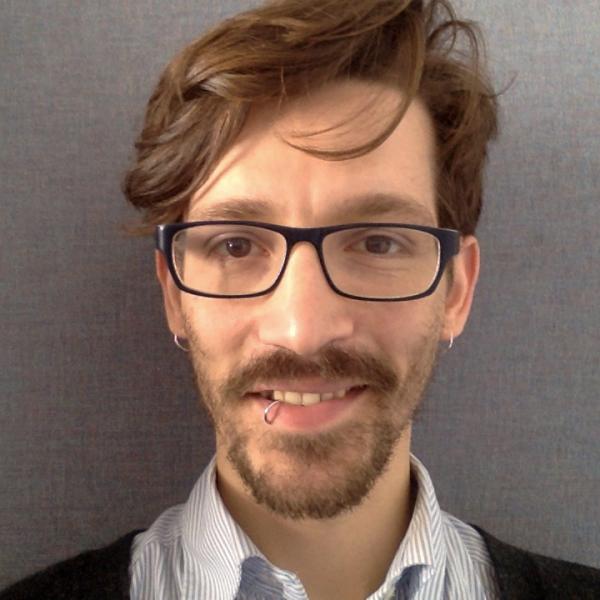Mind and Body
The main research themes of the Mind and Body hub seek to put human bodies and minds into geographical, political, social and historical context.

∫˘¬´”∞“µ our research
The Mind and Body Hub provides the chance for historians to think about and discuss biological and sentient bodies (mostly but not only human) across space and time. Beyond a shared interest in how bodies are defined and behave at once socially, culturally, politically, materially, and economically, colleagues currently divide into three overlapping groups of expertise.
One group are engaged in a diverse and exciting range of current research on the body and mind in Britain and its empires. We have expertise in notions and meanings of 'disability' and how they intersect with other kinds of identity and in various contexts (Ceall); in languages and concepts of ‘emotions’ in the early modern and modern eras (Graves, Brown); in the social and cultural history of humour in the long eighteenth century (Davison) and the history of psychiatry and medicine in the 20th century (Millard); and in the social and political contexts of suicide in inter-war Britain (Gottlieb),
Another group of colleagues are researching externally funded projects on the social, cultural, political, and economic history of comestibles. These include Britain’s role in the first global psychoactive revolution (Withington); the politics of grain in Britain and the Netherlands between the 14th and 19th centuries (Braddick, Winter); and eating and etiquette in Muslim South Asia (Lambert Hurley)
Thirdly, the hub is also home to the Gender Forum, a postgraduate-led discussion group in which postgraduates and master’s students from across the department meet online twice a month to participate in a gender history reading group, present working papers, and engage in other activities of shared interest.
Finally, one of the major aims for the Hub and Forum over the next year is that it becomes a space in which archaeologists at the University of ∫˘¬´”∞“µ can meet with historians to discuss themes and issues relating to minds, bodies, and comestibles. Please do get in touch if you would like to join the hub and hear about events:
Contacts
To learn more about the Hub and its activities contact Dr Mabel Winter: mabel.j.winter@sheffield.ac.uk
To learn more about the Gender Forum and its activities contact Heather A Sadiq: hasadiq1@sheffield.ac.uk
Hub members
Adrian has written about the popular press's representation of the body (particularly its entrenchment of a 'pin-up culture'), and, more generally, its coverage of gender and sexuality.
He has also participated in a project examining how British newspapers reported on child sexual abuse across the twentieth century.
Lucy's research interests are in the social and cultural history of twentieth-century Britain, in particular the social and cultural changes of the 1950s, 1960s and 1970s.
She is interested in the history of popular psychology, ideas about emotional expression, emotional relationships and emotional health, and the development of a 'confessional' and 'therapeutic' culture in modern Britain.
Esme's work explores the body in nineteenth-century Britain and its Empire. The focus is on disability as she explores the lives and experiences of disabled people as well as the way in which disability is constituted as a category of difference.
Other related research interests include how intersectional identities including race, gender and class were read onto the body.
Kate's research focuses on the history of humour and laughter in eighteenth century Britain.
The activity of laughing itself fundamentally concerns the relationship between mind and body, but through the early modern period laughter was also heavily implicated in questions of manners, bodily control and social interaction, which have been central to historiographical debates about civility and politeness.
Julie's research concerns the history of emotion, mental health, and suicide in Britain, with a focus on the period between 1914 and 1945.
She is particularly interested in the question of the internalisation of international crises, examining the social, political cultural, and medical construction of nervous conditions during the 'war of nerves'.
Chris' research focuses upon the history of medicine and psychiatry. It is centrally concerned with the changing ideas of body-mind relationship in the twentieth century in Britain.
Other related research interests are in the use of ‘personal experience’ in academic and medical writing, and the histories of self-harm, suicide, child abuse, social work and statistics.
Saurabh specializes in the history of medicine and science in colonial India. He has worked, in the past, on public health in the nineteenth century, animals and disease, and on epidemics and their links with mass migration.
His current research is on birdwatching and the history of amateur sciences in the colonies.
Simon's interest in the Body and Mind hub lies in his work on the history of international development and particularly the "biopolitics" of state-building, development, and pacification projects.
Phil's research connects with the themes of the hub in three ways. He is looking at early modern medicine as a realm of 'practical humanism' and the intersections between learned and vernacular healing.
He is interested in historicising how people described and conceived of their minds and bodies in the sixteenth and seventeenth centuries. And he works on the history of intoxicants and intoxication, looking in particular at their relationship to social practices.


